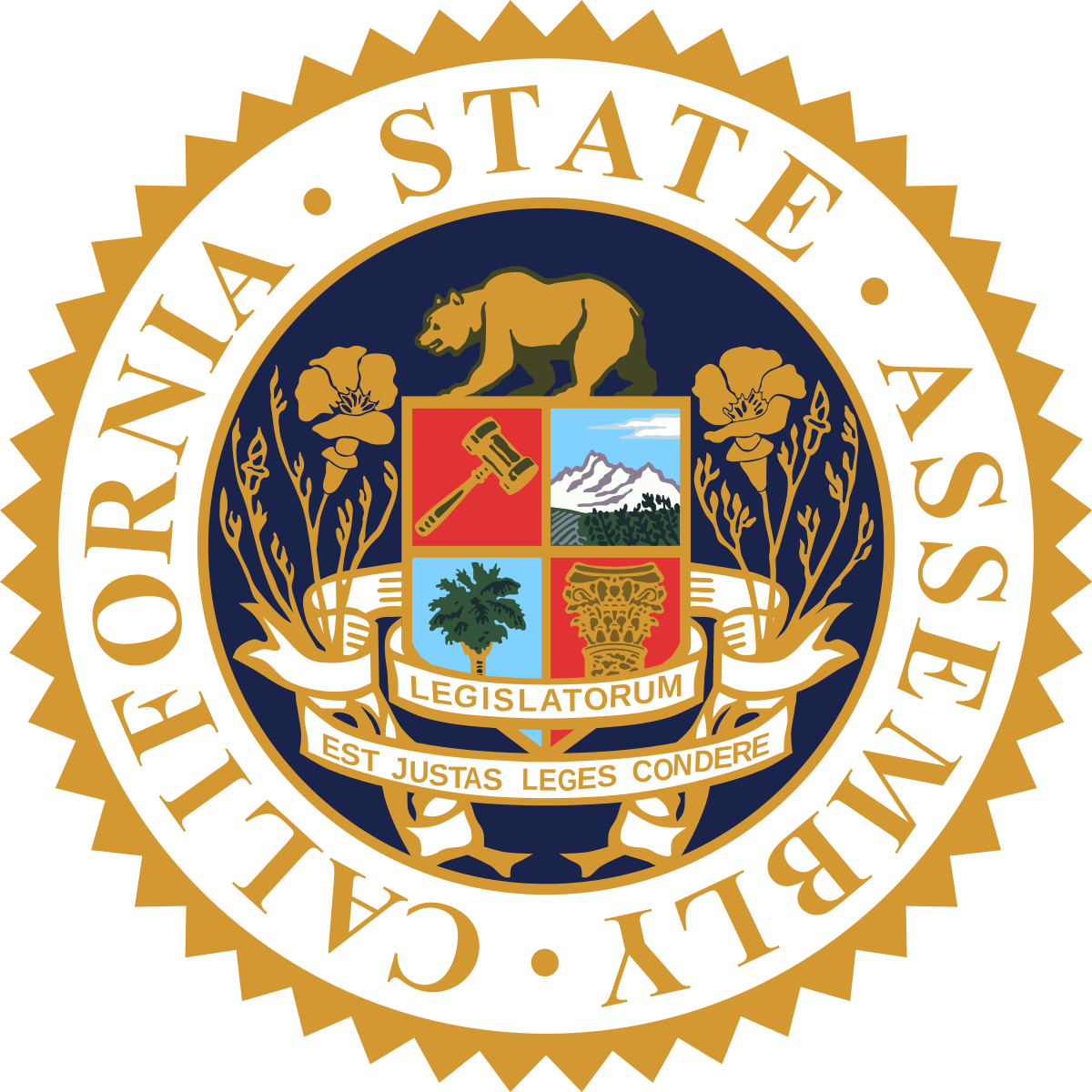Transition to District-Based Elections
On March 17, 2022 the Cayucos Sanitary District Board of Directors solidified its transition to District-based elections by establishing voting districts in accordance with the California Voting Rights Act
California Legislative Information

Elections Code Division 14: Election Day Procedures Chapter 1.5: Rights of Voters (Section 14025 -14032)
14025 This act shall be known and may be cited as the California Voting Rights Act of 2001.
14026 As used in this chapter:
(a) “At-large method of election” means any of the following methods of electing members to the governing body of a political subdivision:
(1) One in which the voters of the entire jurisdiction elect the members to the governing body.
(2) One in which the candidates are required to reside within given areas of the jurisdiction and the voters of the entire jurisdiction elect the members to the governing body.
(3) One that combines at-large elections with district-based elections.
(b) “District-based elections” means a method of electing members to the governing body of a political subdivision in which the candidate must reside within an election district that is a divisible part of the political subdivision and is elected only by voters residing within that election district.
(c) “Political subdivision” means a geographic area of representation created for the provision of government services, including, but not limited to, a general law city, general law county, charter city, charter county, charter city and county, school district, community college district, or other district organized pursuant to state law.
(d) “Protected class” means a class of voters who are members of a race, color, or language minority group, as this class is referenced and defined in the federal Voting Rights Act of 1965 (52 U.S.C. Sec. 10301 et seq.).
(e) “Racially polarized voting” means voting in which there is a difference, as defined in case law regarding enforcement of the federal Voting Rights Act of 1965 (52 U.S.C. Sec. 10301 et seq.), in the choice of candidates or other electoral choices that are preferred by voters in a protected class, and in the choice of candidates and electoral choices that are preferred by voters in the rest of the electorate. The methodologies for estimating group voting behavior as approved in applicable federal cases to enforce the federal Voting Rights Act of 1965 (52 U.S.C. Sec. 10301 et seq.) to establish racially polarized voting may be used for purposes of this section to prove that elections are characterized by racially polarized voting.
14027 An at-large method of election may not be imposed or applied in a manner that impairs the ability of a protected class to elect candidates of its choice or its ability to influence the outcome of an election, as a result of the dilution or the abridgment of the rights of voters who are members of a protected class, as defined pursuant to Section 14026.
14028 (a) A violation of Section 14027 is established if it is shown that racially polarized voting occurs in elections for members of the governing body of the political subdivision or in elections incorporating other electoral choices by the voters of the political subdivision. Elections conducted prior to the filing of an action pursuant to Section 14027 and this section are more probative to establish the existence of racially polarized voting than elections conducted after the filing of the action.
(b) The occurrence of racially polarized voting shall be determined from examining results of elections in which at least one candidate is a member of a protected class or elections involving ballot measures, or other electoral choices that affect the rights and privileges of members of a protected class. One circumstance that may be considered in determining a violation of Section 14027 and this section is the extent to which candidates who are members of a protected class and who are preferred by voters of the protected class, as determined by an analysis of voting behavior, have been elected to the governing body of a political subdivision that is the subject of an action based on Section 14027 and this section. In multiseat at-large election districts, where the number of candidates who are members of a protected class is fewer than the number of seats available, the relative groupwide support received by candidates from members of a protected class shall be the basis for the racial polarization analysis.
(c) The fact that members of a protected class are not geographically compact or concentrated may not preclude a finding of racially polarized voting, or a violation of Section 14027 and this section, but may be a factor in determining an appropriate remedy.
(d) Proof of an intent on the part of the voters or elected officials to discriminate against a protected class is not required.
(e) Other factors such as the history of discrimination, the use of electoral devices or other voting practices or procedures that may enhance the dilutive effects of at-large elections, denial of access to those processes determining which groups of candidates will receive financial or other support in a given election, the extent to which members of a protected class bear the effects of past discrimination in areas such as education, employment, and health, which hinder their ability to participate effectively in the political process, and the use of overt or subtle racial appeals in political campaigns are probative, but not necessary factors to establish a violation of Section 14027 and this section.
14029 Upon a finding of a violation of Section 14027 and Section 14028, the court shall implement appropriate remedies, including the imposition of district-based elections, that are tailored to remedy the violation.
14030 In any action to enforce Section 14027 and Section 14028, the court shall allow the prevailing plaintiff party, other than the state or political subdivision thereof, a reasonable attorney’s fee consistent with the standards established in Serrano v. Priest (1977) 20 Cal.3d 25, 48-49, and litigation expenses including, but not limited to, expert witness fees and expenses as part of the costs. Prevailing defendant parties shall not recover any costs, unless the court finds the action to be frivolous, unreasonable, or without foundation.
14031 This chapter is enacted to implement the guarantees of Section 7 of Article I and of Section 2 of Article II of the California Constitution.
14032 Any voter who is a member of a protected class and who resides in a political subdivision where a violation of Sections 14027 and 14028 is alleged may file an action pursuant to those sections in the superior court of the county in which the political subdivision is located.




